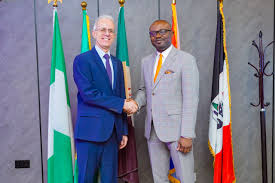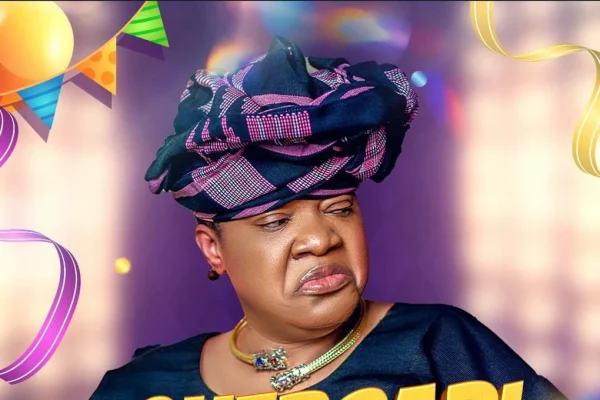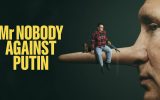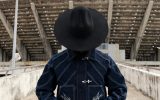Fifty years ago, Colonel Emeka Odimegwu Ojukwu declared the secession of the then Eastern Region as the Republic of Biafra, as a result of the pogroms of Igbos in Northern Nigeria and the failure of the then political leadership to resolve problems arising from it. This declaration led to the 30-month civil war between Nigeria and Biafra in order to prevent the breakaway.
A lot has happened since then and the Federal Government made some attempt at reconciliation and reintegration of the Eastern Region, especially with the Reconciliation, Rehabilitation and Reconstruction Program of the Yakubu Gowon administration. One would have thought that the issues that led to the war would have been addressed, but there has been a resurgence in demands for Biafra led by Nnamdi Kanu’s Independent Peoples of Biafra movement (IPOB), which builds up on work by the Movement for the Actualisation of the Sovereign State of Biafra (MASSOB).
This resurgence has a lot of lessons for Nigeria to learn from, and especially, to its political leadership:
It has to be said that the attempt at reconciliation by the then Federal Military Government, though well-intentioned, was poorly thought out. It was a reconciliation attempt executed by only one side, the Federal Government, without any efforts to involve the aggrieved party. This was worsened with the £20 only that all Biafrans received irrespective of how much they had in the bank prior to the war, and the loss of property by many of them.
If the Nigerian government is desirous of a real reconciliation, it should seek out and address the grievances of the Igbo people that make the idea of Biafra still very desirous in the minds of many of them.
Not only that, the Nigerian government must be open to conversations that challenge the unity of Nigeria. One reason why persons like Kanu and Ralph Uwazuruike of MASSOB have gained so much from following is because they have dared to lead in a conversation that the Nigerian government is unwilling to have.
The typical response of the Nigerian government to any attempted conversation on this issue not just from pro-Biafra groups but all other secessionist groups is that the unity of Nigeria is non-negotiable. This is a very erroneous thinking as the decision to form Nigeria was not taken by the various ethnic nationalities that make her up, but rather by British colonialists. It must recognise that the experiences of these nationalities differ and many suffer from marginalisation, whether real or perceived. It is wrong to insist that we remain in Nigeria no matter how any of us feel about it.
Rather, the Nigerian government should use opportunities like these to have a broader conversation on what we want Nigeria to mean to each of us, and to explore common ground in order to have a more united nation. Not only that, it will be an opportunity for it to sell the merits of remaining together, like how the British government did towards the Scots in run-up to the Scottish independence referendum of 2014.
When the Nigerian government refuses to create the space for such conversations to take place with civility, it creates a vacuum for demagogues and extremists such as IPOB & MASSOB to fill. Further descending on these movements with deadly forces reinforces in the minds of their supporters that they are second-class citizens.
Finally, the Nigerian government needs to deal with such issues with a high degree of emotional intelligence. One thing most political analysts agree on is that the arrest of Kanu in October 2015 and continued incarceration until April this year despite numerous court orders to release him only raised his visibility and earned him more supporters.
Military force only creates more military force, and the Biafra question is not one that can be solved using military force.
We sincerely hope that the Nigerian government is learning the right lessons.














